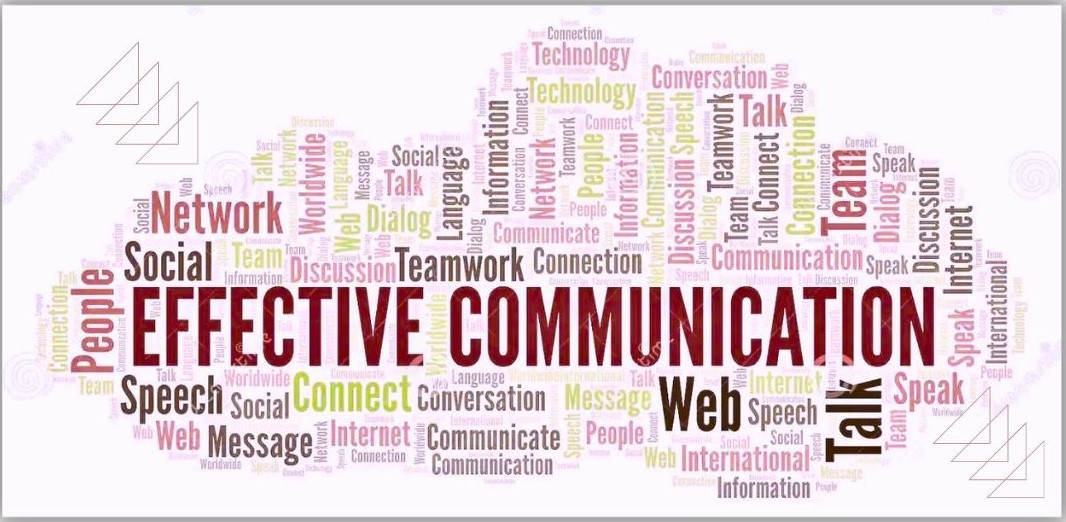One of the most useful skills you may have in both your personal and professional life is effective communication. It matters how you say things as much as what you say. Let us dissect it.
Clarity is Essential
First things first, clarity is essential. Make an effort to communicate in a clear and succinct manner. Steer clear of long explanations or needless language. To avoid having your message misunderstood, get right to the point. Clear communication prevents confusion and ensures that your audience can easily grasp the information you are presenting.
Consider this: if you are explaining a complex concept, break it down into smaller, more manageable parts. Use simple language and avoid jargon unless you are certain that your audience is familiar with it. Remember, the goal is to convey your message in a way that is easily understood by everyone involved. For more tips on clarity in communication, check out this article from Mind Tools.
Active Listening is Revolutionary
Secondly, active listening is revolutionary. Speaking is only one aspect of communication; listening is another. Keep an open mind, express curiosity, and do not simply wait for your moment to speak. Active listening involves fully concentrating on what the other person is saying without jumping to conclusions or planning your response while they are still talking.
When you actively listen, you demonstrate respect for the speaker and show that you value their perspective. This approach not only helps in understanding the message more accurately but also builds stronger relationships and trust. Practice reflective listening by summarizing or paraphrasing what the speaker has said to ensure that you have interpreted their message correctly. Learn more about active listening techniques in this Harvard Business Review article.
The Importance of Feedback
Another important component is feedback. Do not be afraid to give or receive it. Constructive feedback is a powerful tool for growth and improvement. When giving feedback, focus on specific behaviors rather than personal attributes, and offer suggestions for improvement. This approach makes the feedback more actionable and less likely to be perceived as criticism.
Receiving feedback gracefully is equally important. Approach it with an open mind and a willingness to learn. Remember, feedback is a gift that can help you enhance your skills and performance. By accepting feedback positively and taking steps to implement it, you demonstrate a commitment to personal and professional development.
Nonverbal Communication Matters
Lastly, pay attention to your nonverbal cues. Your tone of voice, facial expressions, and body language frequently convey more information than what you say. Nonverbal communication can reinforce your verbal message or create discrepancies, leading to confusion or misunderstanding.
For example, maintaining eye contact can signal confidence and sincerity, while crossed arms might suggest defensiveness or discomfort. Be mindful of how your nonverbal signals align with your verbal communication. This alignment helps in conveying a consistent and trustworthy message. For more insights on nonverbal communication, refer to this Psychology Today article.
Building Strong Communication Habits
To further enhance your communication skills, consider the following practices:
- Practice Empathy: Put yourself in the other person’s shoes to better understand their emotions and perspectives. This empathy can guide your responses and improve interactions.
- Improve Your Vocabulary: A rich vocabulary can help you express yourself more precisely. However, use complex words judiciously, ensuring they fit the context and audience.
- Be Mindful of Cultural Differences: Communication styles can vary significantly across cultures. Being aware of these differences can prevent misunderstandings and foster better relationships in a diverse environment. For additional information on cultural communication, visit our blog on intercultural communication.
In Summary
To sum up, the cornerstones of effective communication are concise messages, attentive nonverbal communication, active listening, and constructive criticism. Mastering these elements will not only improve your interactions but also make them more impactful and purposeful. Effective communication is an ongoing process of learning and adapting. By continuously refining these skills, you will find yourself better equipped to navigate various personal and professional scenarios, leading to more successful and fulfilling interactions.
